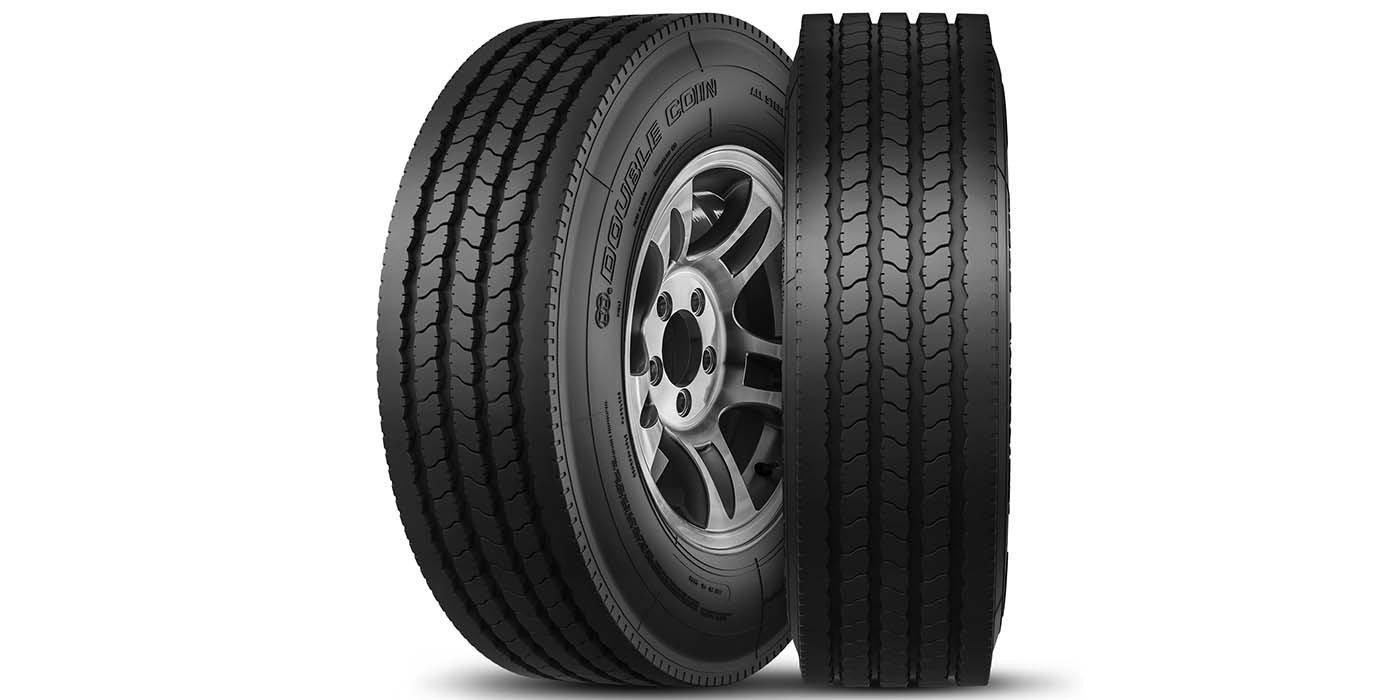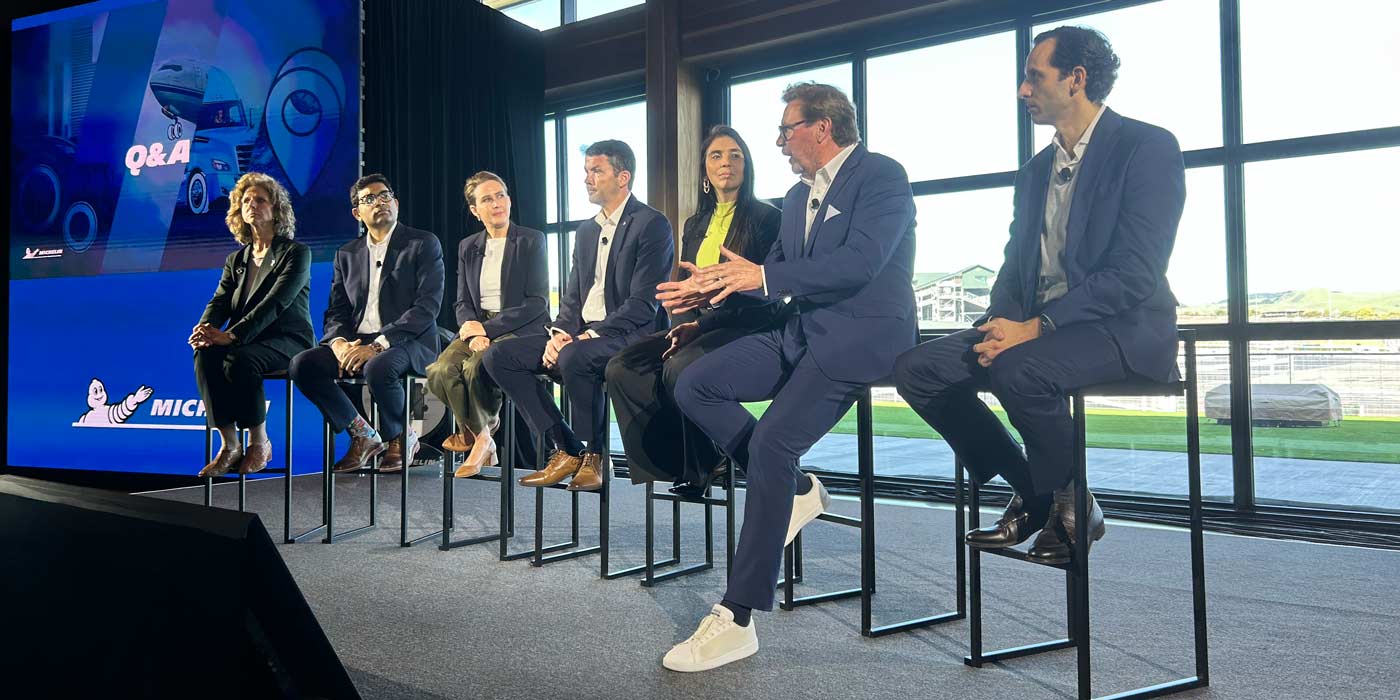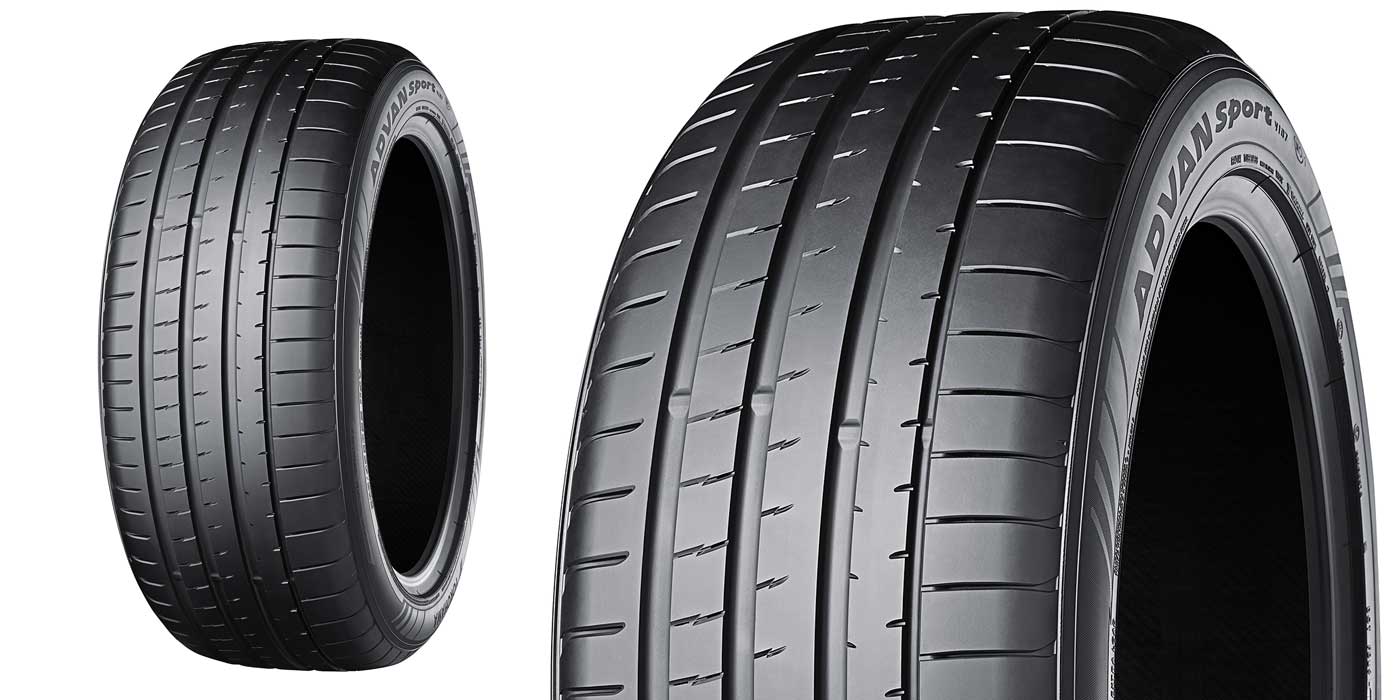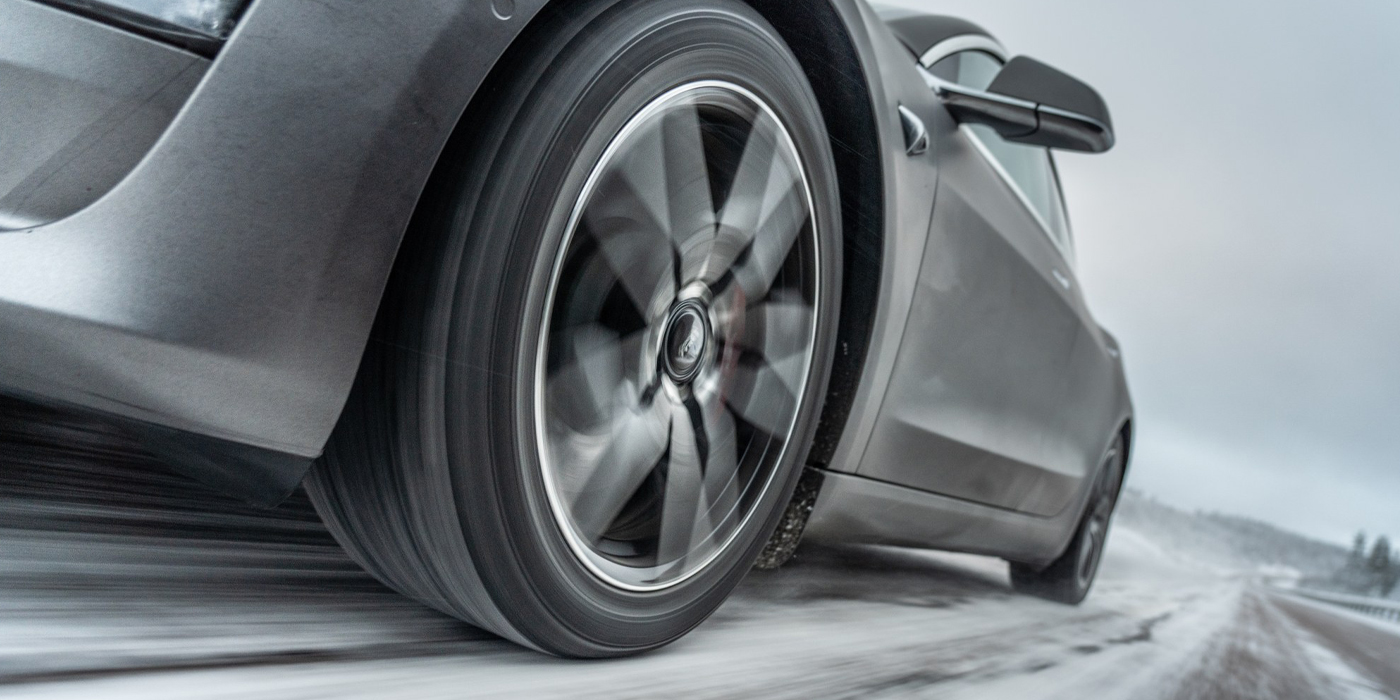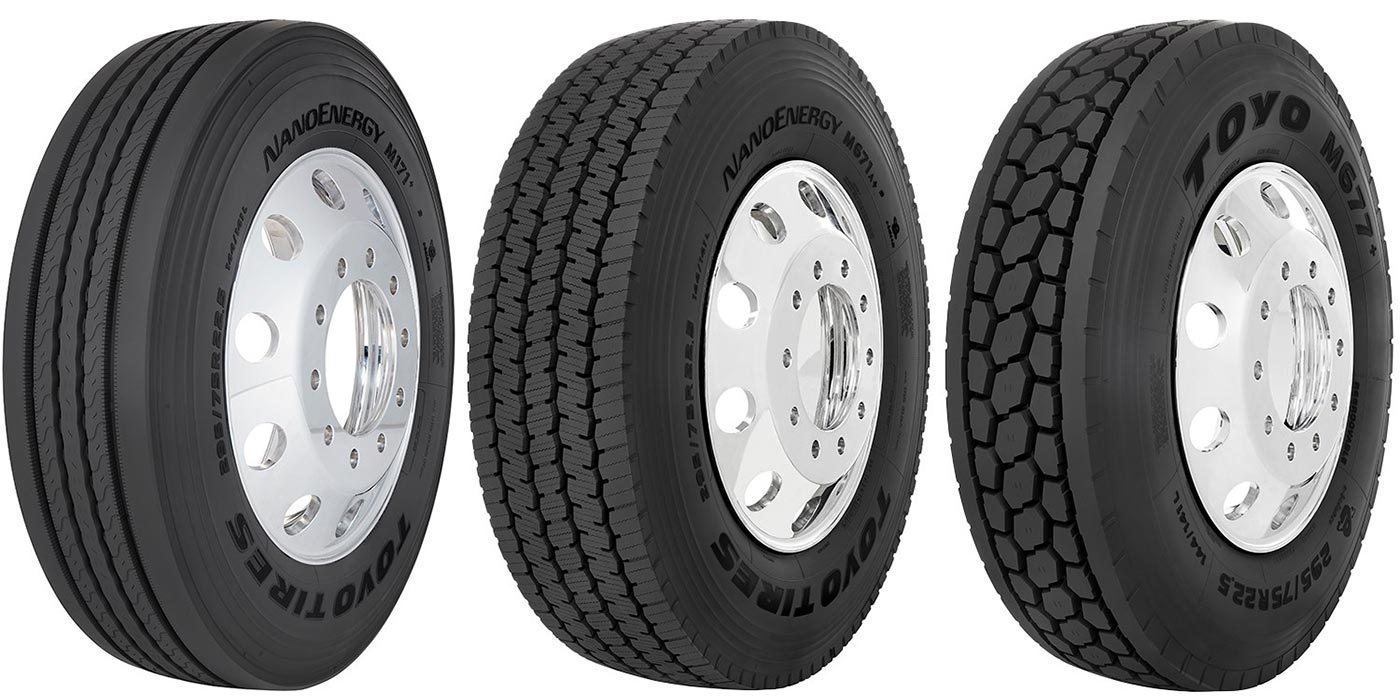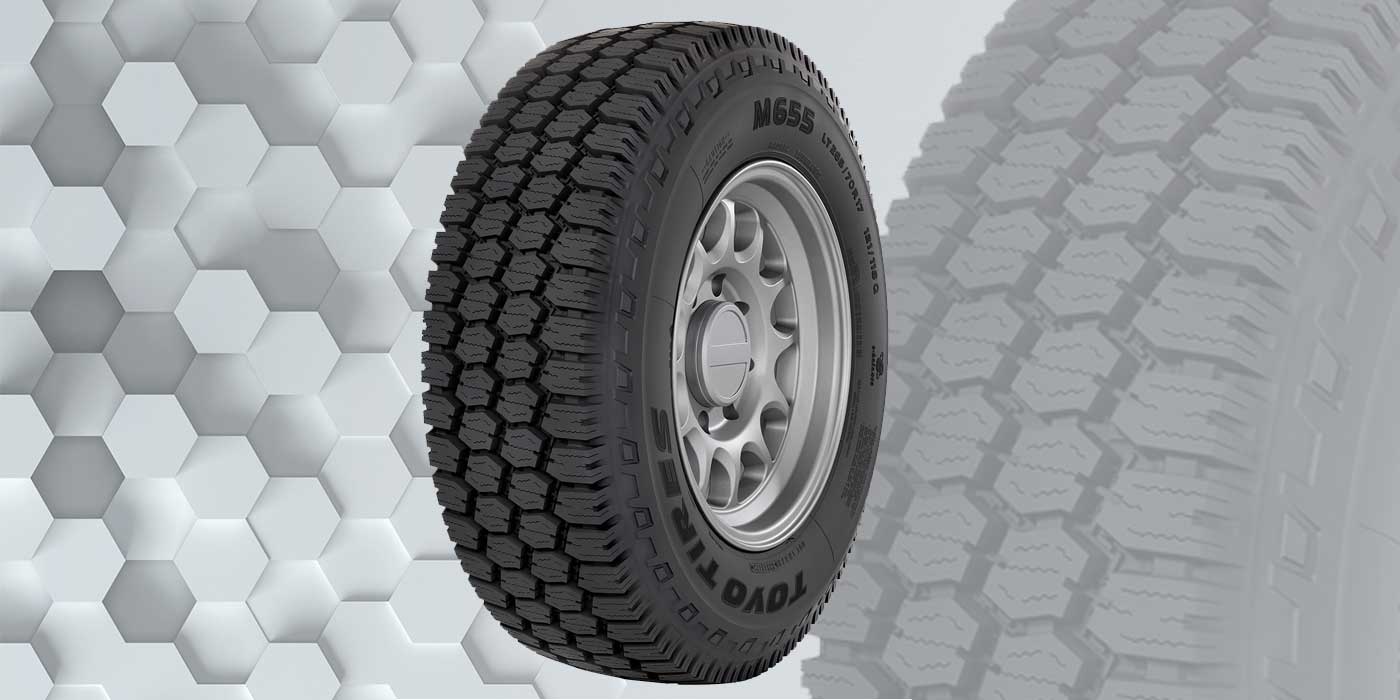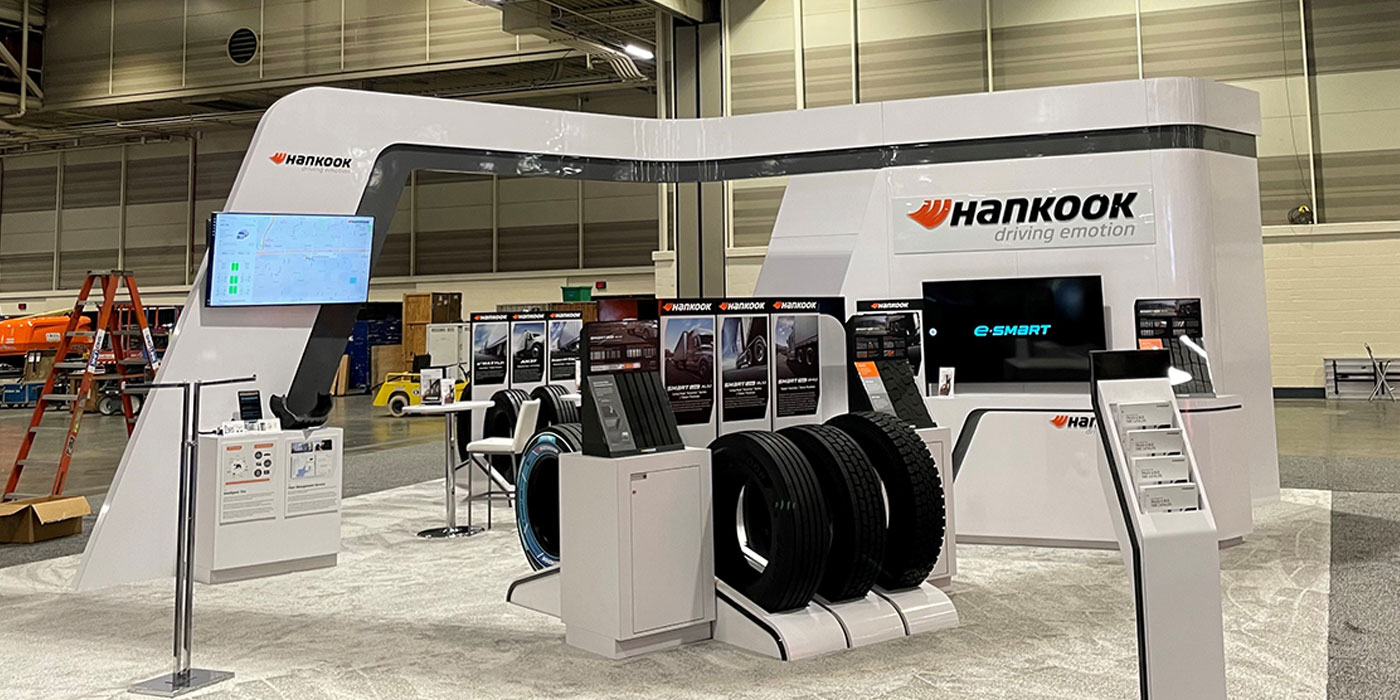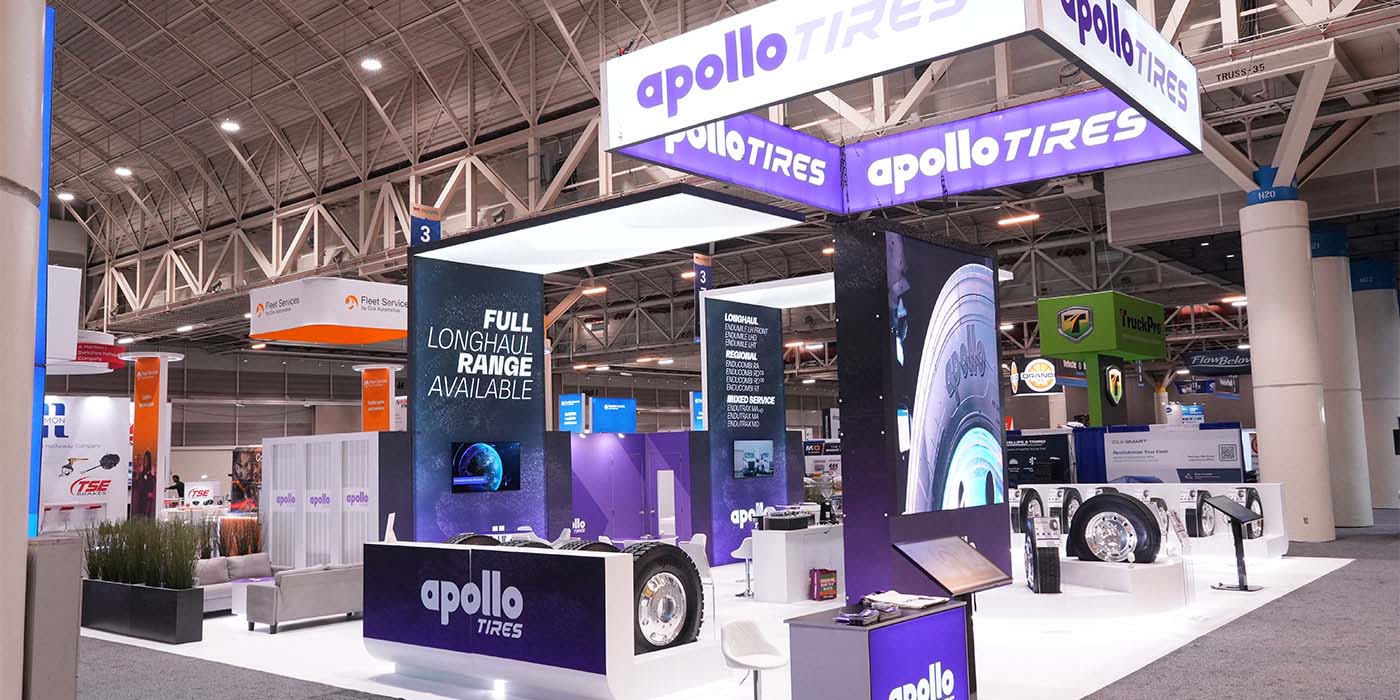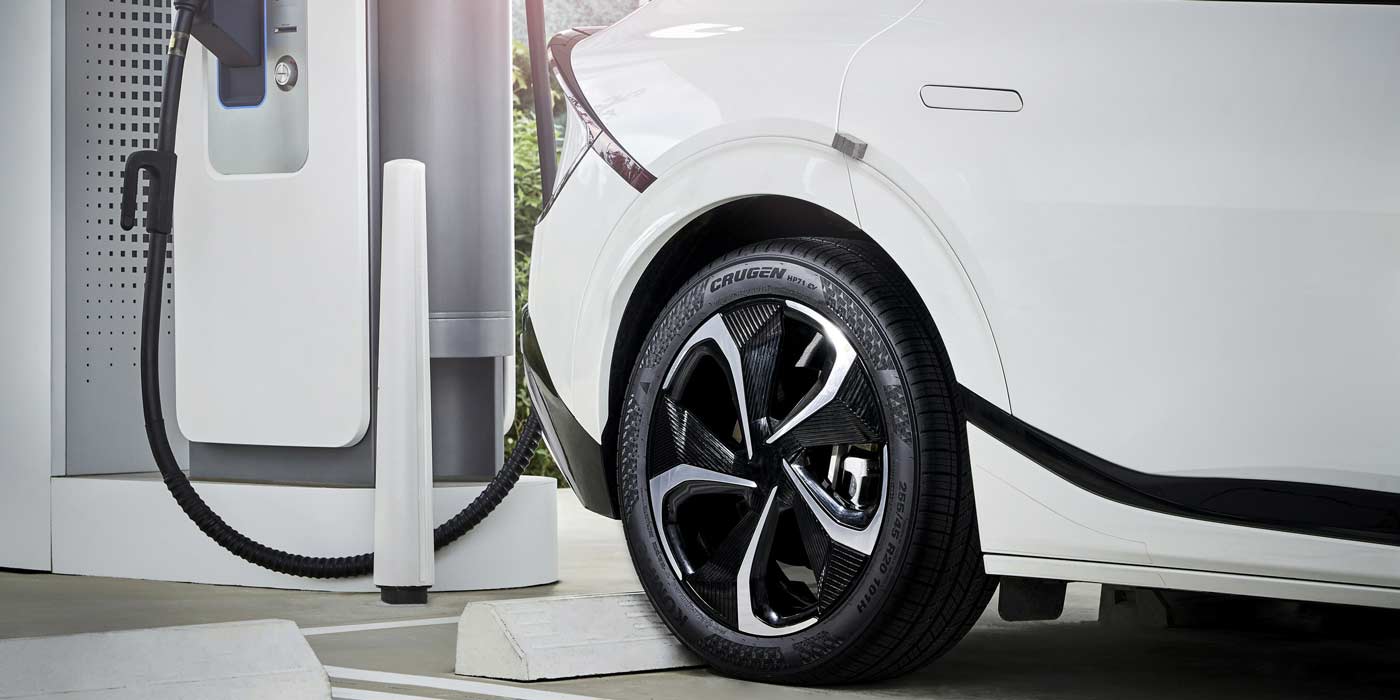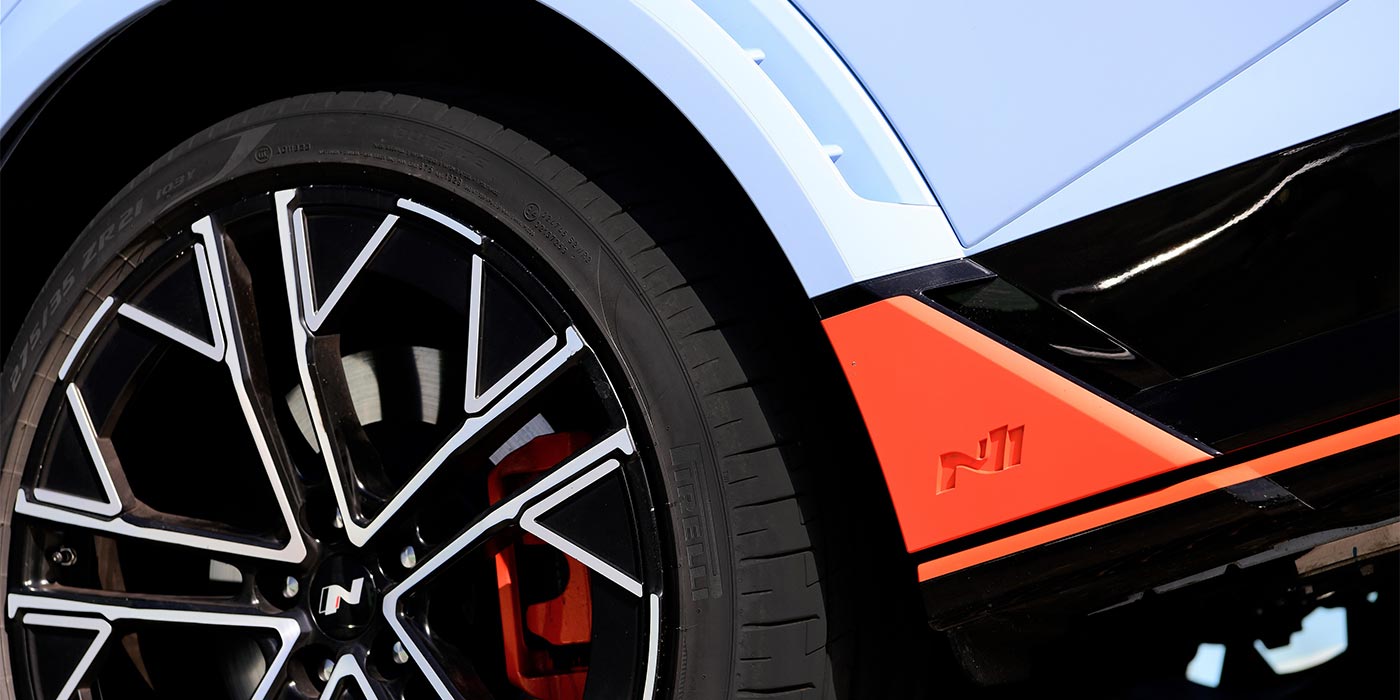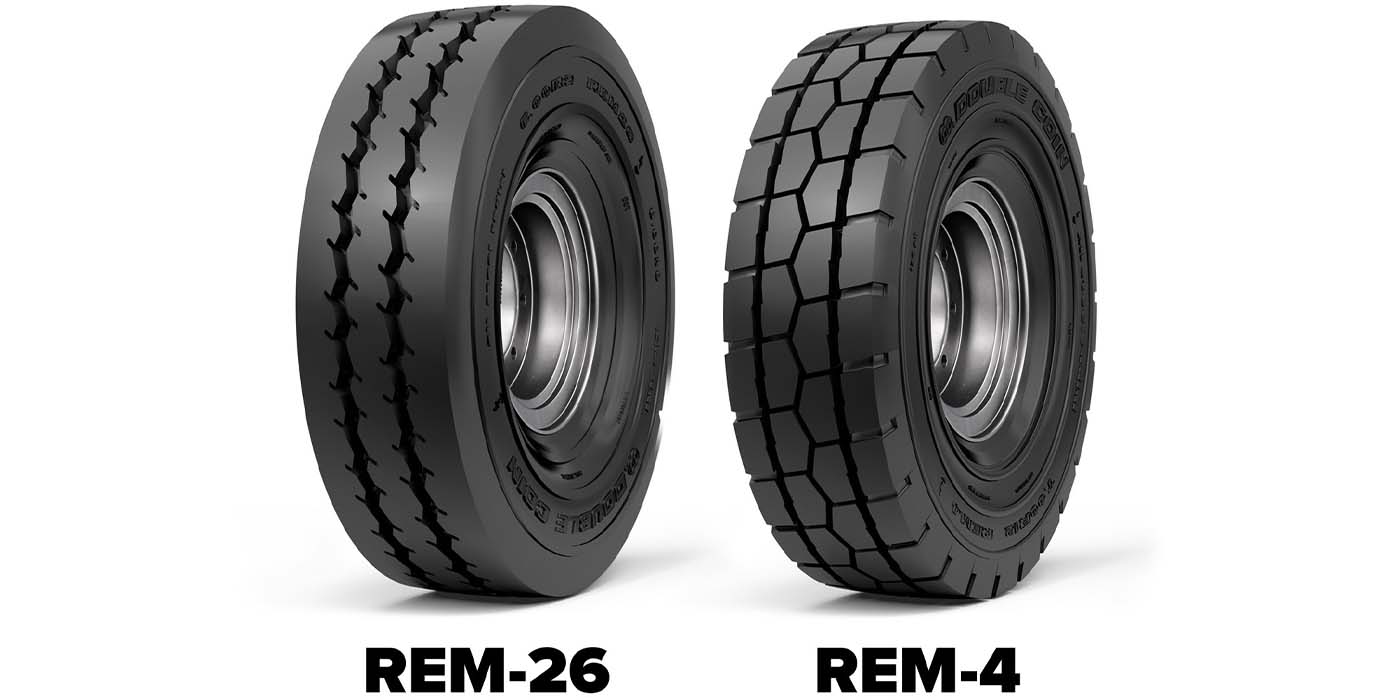Conditions of the general economy, and the trucking industry in particular, are forcing many fleets to search for new ways of cutting operating costs and improving efficiencies.
One continuing trend is outsourcing. While not a new idea, it is one that is expanding. The chief appeal of outsourcing is reduced fleet payroll by allowing varying manpower requirements to be absorbed by outside suppliers – like commercial tire dealers.
For fleets, trusting outsiders with important supply and service issues can be risky business if third party partners aren’t chosen wisely and evaluated often and fairly.
Sales pitches aside, the term “partnership” is one of the most overused and abused terms used in describing business relationships today. One aspect that must be understood is that not all partnerships are created equal. Therefore, the expectations of each party should be considered as individual to that particular relationship.
This doesn’t mean to imply any great amount of complexity, but merely makes it mandatory that the parties – fleets and tire dealers, for example – discuss and agree on the responsibilities of one another before implementing the agreement. It also should not imply the necessity of formalized agreements, such as signed contracts. In fact, many of the most successful and long-lived partnerships have been sealed with a mere handshake.
To avoid surprises and to maximize success, it’s helpful to think of four possible levels of partnerships, each with characteristic levels of commitment, responsibility, dedication, and rewards.
From a fleet perspective, the first is simply choosing a good supplier that delivers quality products/services in a timely fashion, with payment on agreed upon terms. This is a bare minimum relationship requirement, much like the ante in a poker game. Multiple partners are often required to make this basic type of relationship work, since a fleet’s requirements may not always be the supplier’s top priority.
Secondly, fleets may consider the selection of a preferred supplier. This simply means that the chosen partner will always be their first choice, given that prices, products and supply are competitive. Of course, these characteristics assume the cumulative inclusion of pricing, supply and quality of the first level of partnership.
A third level of commitment is selection of a sole supplier. This means that one chosen tire dealer will handle all of a fleet’s needs in agreed upon areas of business. Of course, in these types of relationships, few excuses for non-performance are accepted. So dealers should address things like adequate, reliable supply, worker vacation schedules, and even potential profit margins.
Sole suppliers should, for example, purchase outside and supply tire sizes/types required, even though they may not be manufactured or be temporally unavailable from distributors. In short, a sole supplier should be the fleet’s “go-to” resource.
To make this type of relationship work, certainly fleet customers must be prepared to share tire and service requirement forecasts, any critical acquisition or divestiture plans, and finance issues which might affect one another’s long term planning.
The fourth, and most complex level of partnership, is that of becoming true business partners. This rarely happens, and, in reality, isn’t necessarily appropriate for most relationships. It can, however, offer far-reaching rewards for those parties dedicated to the relationship and are willing to nurture it.
Characteristics of such partnerships include a true understanding of, and interest in, each other’s business and long-term success. Inherent loyalty, trust and support must be assured on both sides. Frequent celebrations of successes and constructive, non-judgmental discussion of shortfalls are required.
Although successful full business-partner relationships have existed between tiremakers and OEMs and between tire dealers and fleets, the number of these deep commitment ventures can probably be counted on one hand. Changing personnel, deep business cycles, ownership changes, mergers and simple loss of dedication are common reasons for relationship failure.
Although the first three levels of partnership may be easier to maintain, it is important to recognize that none of these relationships is forever. Much emphasis is always placed on the beginning of the relationship, with far too little discussion about a possible ending.
Pre-nuptual discussions, or at least regularly scheduled partnership reviews, should be SOP with any relationship with customers. For any relationship to work, both parties need top have a clear understanding of who (which person or department) has the ultimate responsibility for monitoring the on-going success of the relationship.
Personal agendas – especially inter-departmental differences – can undermine the best plans and intentions for successful partnerships.

